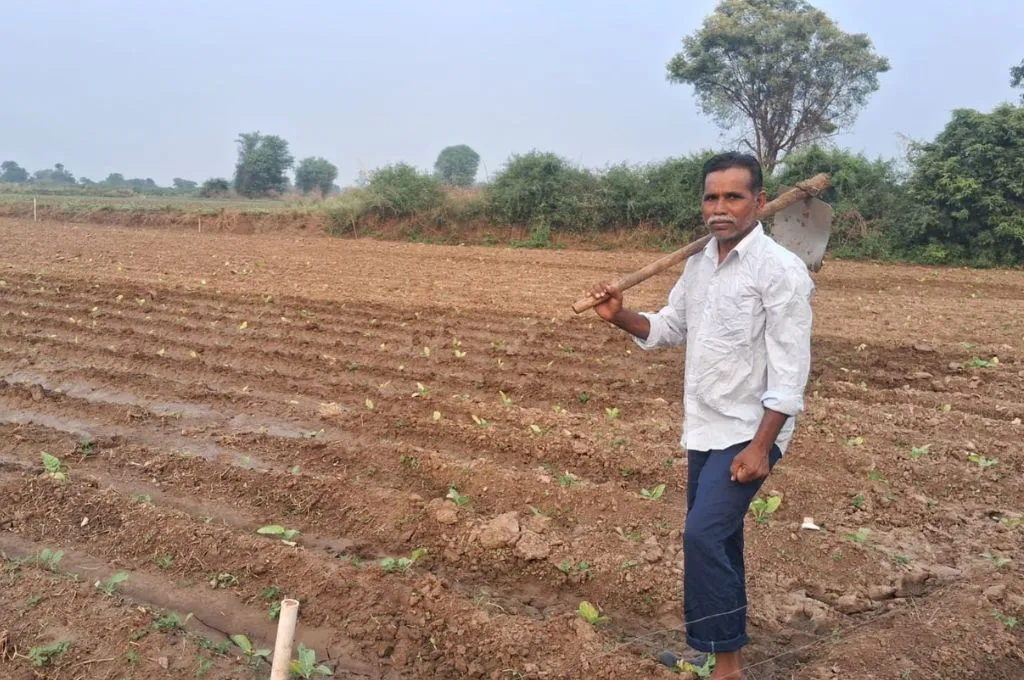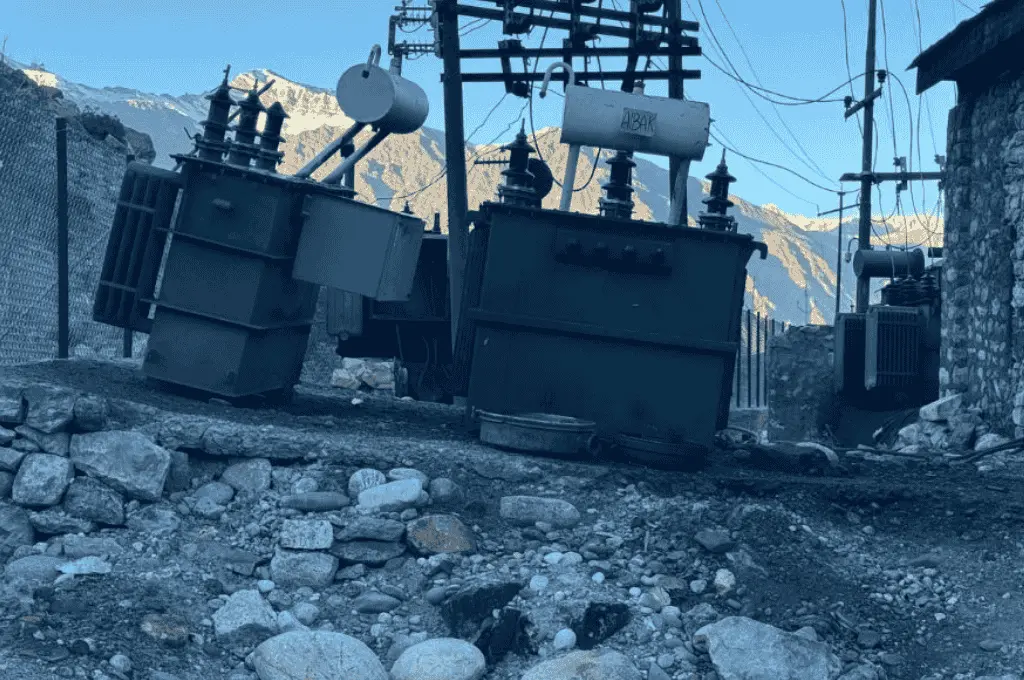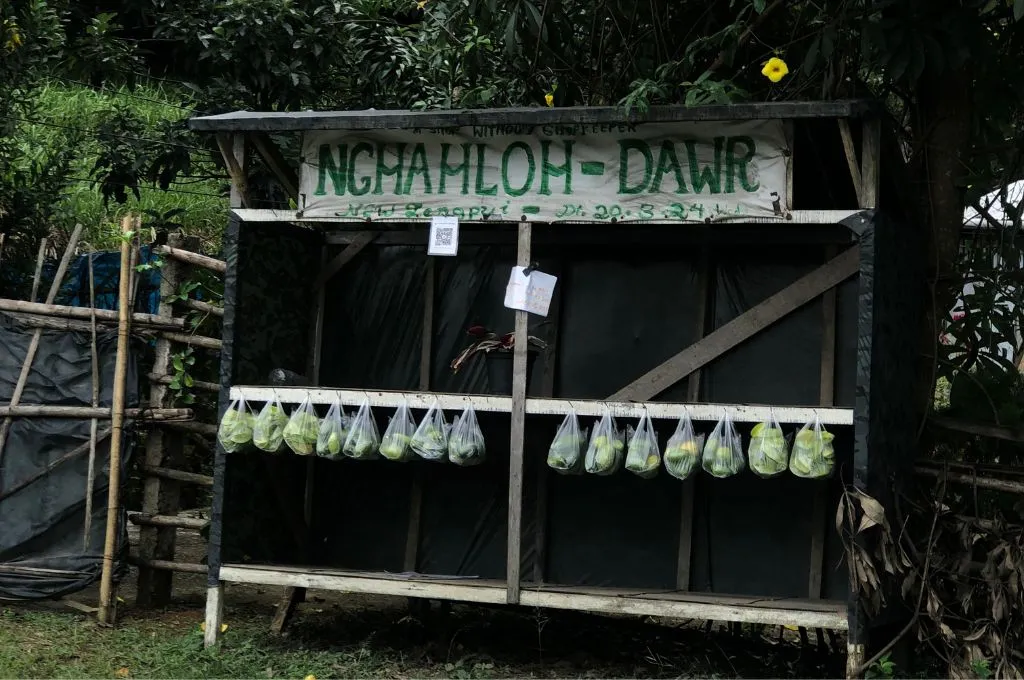A fraction of truth: The anganwadi adoption scheme beyond numbers
In January 2022, the Madhya Pradesh government launched the Adopt an Anganwadi scheme, with the aim of improving public participation to strengthen maternal and child health facilities.
“As of now, 77,187 people have registered to adopt 97,135 anganwadis in the state. Of them, the applications of 63,344 people have been approved,” says Yogendra Yadav, district programme officer for the Women and Child Development Department (WCDD), Bhopal division.
According to Yadav, all the anganwadis in Bhopal’s urban and rural areas have been adopted. However, the situation on the ground is different. Brajlata Lodhi, an anganwadi worker from Untkheda village panchayat in Bhopal district, says, “There are three anganwadi centres in our panchayat, and the condition of all three is exactly the same. No one has come forward to adopt them so far.”
Leaky roofs and damp and cracked walls characterise these anganwadis. Fearing a roof collapse, many villagers have stopped sending their children to these centres. “This building was constructed in 2007, but the authorities have not bothered to get even basic painting work done since then,” says Premlata Dhanak, an anganwadi worker in Ladaiya Barri village, Untkheda panchayat.
Even in urban areas of Bhopal district, the anganwadi centres are struggling for resources. According to Hazra Kazmi, the head of Anganwadi Workers and Sahayika Ekta Union, there is mismanagement in the distribution of supplementary nutrition, payments to anganwadi workers and assistants, and other essential services.
Nirmala Buch, a retired IAS officer and head of Mahila Chetna Manch—a local nonprofit that works on gender and education—says that the problem is not with the scheme but with the process, which is cumbersome. She explains, “Registrations happen online. Even if just one person registers on the website to offer some help to a particular anganwadi, the portal starts showing it as ‘adopted’. However, the fact remains that more than one person can adopt a single anganwadi centre to take care of all its requirements.”
Speaking about the bureaucratic delays in reviewing applications, Buch adds, “If they speed up the process and bridge the gap between the people who want to donate and the centres that need help, we will see results in no time.”
Sanavver Shafi is an independent journalist in Bhopal, Madhya Pradesh. This is an edited excerpt from an article that was originally published on 101 Reporters.
—
Know more: Learn why communities in Rajasthan lost their faith in ASHAs during the pandemic.
Do more: Connect with the author at sanavvershafi@gmail.com to learn more about and support his work.



